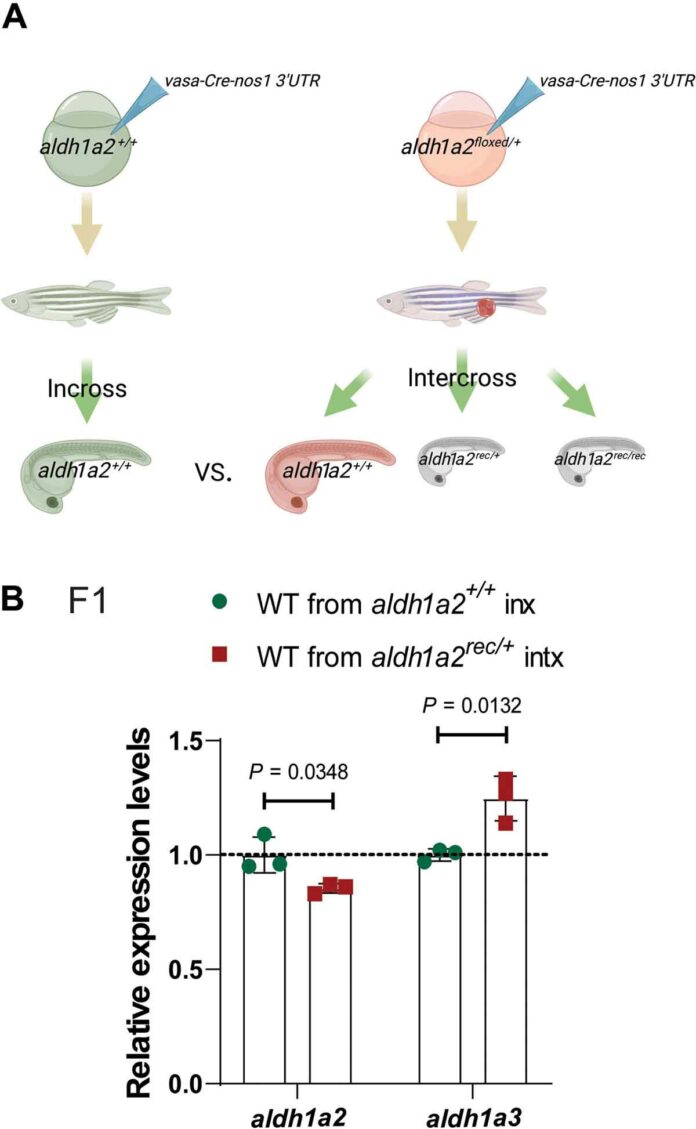A team of researchers from the Max Planck Institute for Heart and Lung Research discovered that transcriptional adaptation appears to play a role in inherited epigenetic changes. The researchers have collaborated with a colleague from Temple University.
The researchers conducted mutant messenger (mRNA) degradation experiments with nematodes and zebrafish in their study. The study was published in the journal Science Advances.
Previous research has shown that people can inherit traits from their parents that are not caused by genetic sequences. They are passed down epigenetically. These occurrences are primarily the result of environmental factors, such as stress during pregnancy or malnutrition. The researchers discovered that there may be other ways it can happen, such as through a process called transcriptional adaptation. In this adaptation, epigenetic changes may be directed due to mutations in the parental genome.
The researchers used nematodes and zebrafish to test their hypothesis. The hypothesis was that non-genetic traits can be passed down from parent to offspring due to a mutation in a parent that increases the expression of other types of genes.
They began by breeding nematodes with a single functional copy of a mutated act-5 gene. Act-5 promotes protein expression from the act-3 gene. To make the protein visible in tests, the researchers altered the gene to make it fluorescent red. The researchers chose to investigate act-3 because it is only found in the pharynx. When the act-5 gene was mutated, the protein was expressed in the intestine.
Despite the absence of mutated act-5 genes, the intestines of offspring lit up with red protein. It demonstrates transcriptional adaptation. The researchers also discovered that the red intestinal trait could be passed down for up to six generations. The researchers then repeated the experiment with zebrafish to see if inherited transcriptional adaptation can occur in vertebrates and found similar results.
According to the researchers, transcriptome traits can result from both inherited mutations from their parents and non-inherited mutations.

